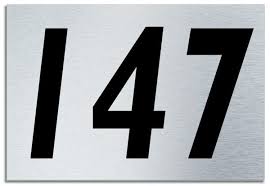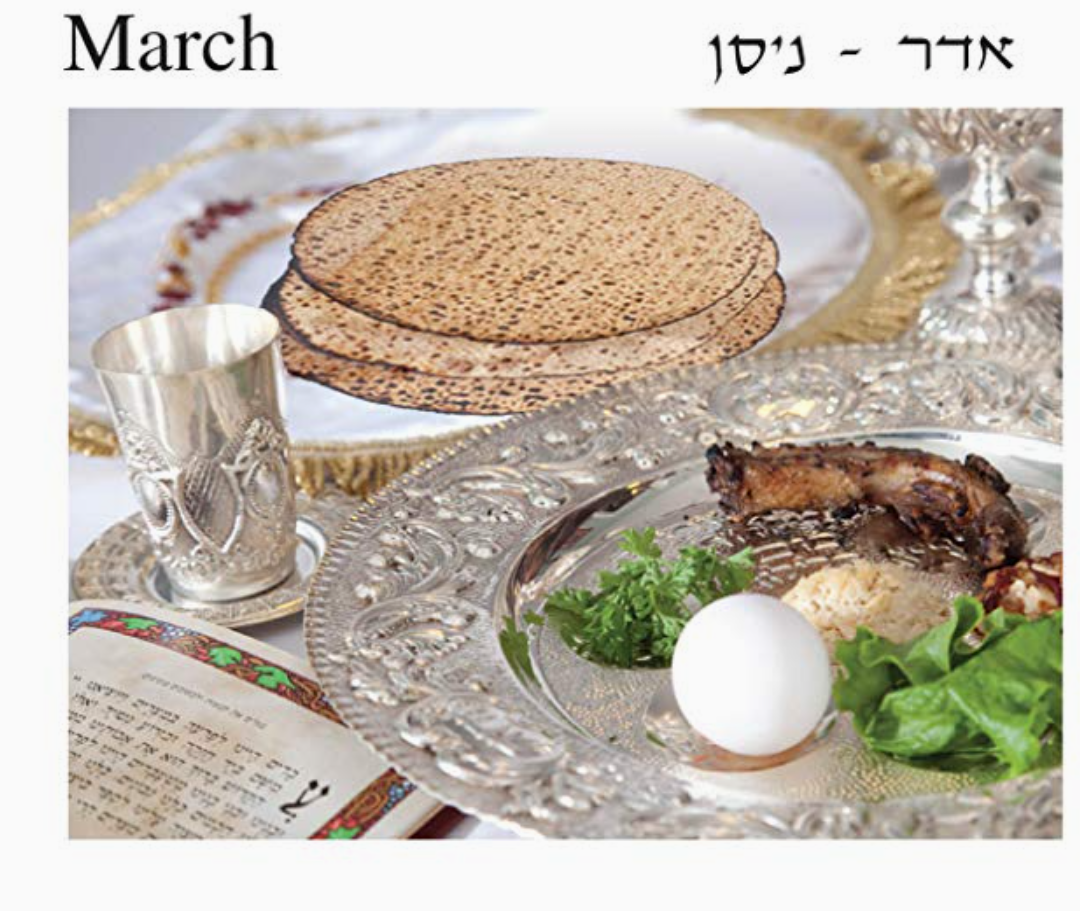VAYECHI וַיְחִ֤י (And he lived) GENESIS 47:28-50:26 [end]
PROPHETS: 1 KINGS 2:1-12 | GOSPEL: JOHN 13:1-19
TORAH:

This portion starts out with the end of Jacob’s life. He lived to be 147 years old, 17 of them in Egypt. The portion (and book of Genesis) ends with the end of Joseph’s life in Egypt.
In between these two, are Jacob’s blessings on his sons and Joseph’s sons, the funeral procession back to the land of Canaan to bury Jacob, Joseph’s comfort to his brothers, and Joseph’s life of 110 years.
Essentially, the portion speaks of lives lived and what their future had in store for them in relation to their past.
Let’s start with commentary by the Tanach and Rashi about this parashah. The commentary seems to sat that this portion should be seen as a closing of things. Why? Because their is no separation between it and the previous parashah as occurs in the rest of the Torah. I disagree with this because of the fact there would have been NO SEPARATION into parashahs when the Book/Scroll was written in the beginning. Separation would have been done by scribes and rabbis later on. I only see it as the previous parashah was too long and needed to be split in half, yet no extra spaces were added. Nothing closed, but rather the opening up of the next generation.
Jacob/Israel makes Joseph swear an oath to him that Jacob’s body would be buried in the tombs of his fathers. The oath is made by placing one’s hand under the other’s thigh, which was the customary way (see Gen. 24:2), to which Joseph agrees. Yet, Jacob demands that Joseph Swear it, which he does.
Chapter 48 is the blessing of Joseph’s sons. Notice 3 things here.
1. Jacob states that Joseph’s sons are NOW his sons. In other words, they are no longer grandsons, but sons equal to the other 12. Why you may ask would Jacob do this? I see it because Joseph was Egyptian now. There was no inheritance later to Joseph when the Israelites exodused to Canaan. The inheritance was given to Ephraim and Manasseh.
2. Joseph arranges his sons so that the first born will receive the first blessing. However, Jacob turns the tables and blesses Ephraim first, just as his father had blessed him instead of his older brother. Joseph disputes this, but Jacob insists it is correct and then blesses Manasseh.
3. Jospeh is given knowledge and a separate inheritance (a portion more than his brothers) of Shechem right then and there. Jacob tells Joseph how he took that land from the Emorites.
Chapter 49 is the blessings of the sons of Jacob/Israel. Notice how he calls them the sons of Jacob, then says listen to “Israel” your father. As his sons, they came from his loins or parentage of Jacob, but as Israel he was their father.
- Reuben. The blessing starts with acknowledging Reuben as the foremost and firstborn of Jacob. Yet, because of his incest with Jacob’s concubine (see Gen. 35:22), Reuben loses his status as foremost. However, there is no mention that he lost his blessing, just lessened in rank.
- Simeon and
- Levi. This isn’t exactly a blessing per say. Because of their murderous deeds and quickness to wrath, they were to be dispersed amongst the tribes. This becomes apparent later with Levi becoming the priests and maintainers of the Tabernacle and later Temple. They stand up for YaHVaH and execute his wrath upon the children of Israel and are dispersed within the people later. It does become a blessing though as later the rest of the sons of Israel must now take care of and provide for ALL the Levites.
- Judah. Because of the first three’s sins, Judah now becomes the foremost in rank amongst his bretheren. Where the kings and Messiah would later come from. All the sons are to prostrate themselves to Judah. He is to be the lion for the tribes, to wield the ruling scepter, and to have many scholars. There is much in this blessing that is prophecy for the coming Messiah. A commentator of Chabad, tries to use the wine here as symbolism to joy and mitzvoth as garments, so that when you “wash your mitzvoth in joy” you tap into the spirituality of the Almighty. I’m not sold on this symbolism here as meaning that, but joy is necessary with the mitzvoth to “tap in” your spirituality. I see the wine, grapes, and milk as symbolizing how prosperous Judah will become.
- Zebulun. Blessed to become sailors and dwell by the sea.
- Issachar. Blessed to dwell in tranquility, but to bear the burdens of others.
- Dan. Blessed to be warriors that avenge the wrongs of Israel, but as sneaky serpents. Today we could equal that to the Mossad, yet I don’t think they are from the tribe of Dan. Dan is also credited with uniting Israel. The last part of the blessing is a hope for salvation from YaHVaH. This is Messianic hope.
- Gad. (pronounced Gawd). Blessed to become an army, but one that eventually backs down.
- Asher. Blessed in the grains, bread, and kingly delicacies. Bakers and growers of grain, no doubt.
- Naphtali. Blessed to become poets, psalmists, and such.
- Joseph. Already blessed earlier with the land of Shechem. Here he is blessed with the greatest blessing of all his brothers, except Judah. He is blessed with guidance by YaHVaH, blessings from heaven, blessings from below, and blessings from the bosom and womb. He is blessed with a blessing greater than the blessing Jacob’s parents gave Jacob. Yet, all these blessings are to be upon Joseph, the exile of his brothers. Why throw the last part in there? Again, I believe it is because Joseph has ALL he needs in Egypt and will stay there, not returning to Canaan.
- Benjamin. Blessed with the abilities of the wolf who will win and divide the spoils.
After all the blessings and discussion, Jacob tells them exactly where to bury him and why. Then, he died at 147 years old.
Chapter 50 begins with Joseph having his father prepared in the Egyptian fashion for burial. 40 days of burial, 70 days of mourning, and then the request to go to Canaan. The entourage that went with Joseph to bury his father would have been very large with a multitude of soldiers and servants, along with all of Joseph’s household and his brother’s households (remember that was 70 people when they came to Egypt 17 years earlier). Probably something in the neighborhood of 500 people going up to bury Jacob/Israel. It would have taken months to get there and even upon arrival a 7 day mourning period before the actual burial. It was probably close to 1/2 a year or more from the time of Jacob’s death to the time of his burial. The entourage and mourning was so great the Canaanites respected it and even renamed Goren HaAtad to the name Abel Mitzrayim (Mitzrayim=Egypt).
In verse 18, we see Joseph’s brothers bow to Joseph and say they are ready to be his slaves. This statement would come back to them many times over when the entire nation of Israel would become the slaves of a new Pharaoh. Joseph doesn’t accept them as slaves then and they enjoy a good life in Goshen.
Joseph lives to the age of 110 and gets to see his great-grandchildren. He exerts a promise that his bones will be taken back to Canaan when the children of Israel finally leave to go back. They agree. Joseph is embalmed and buried as Egyptian royalty.
(c) Copyright January 7, 2023, Min. Donald H. Garrett and Odon Obadyah Ministries, Inc.
Previous: VAIYIGASH
Next: SHEMOTH







